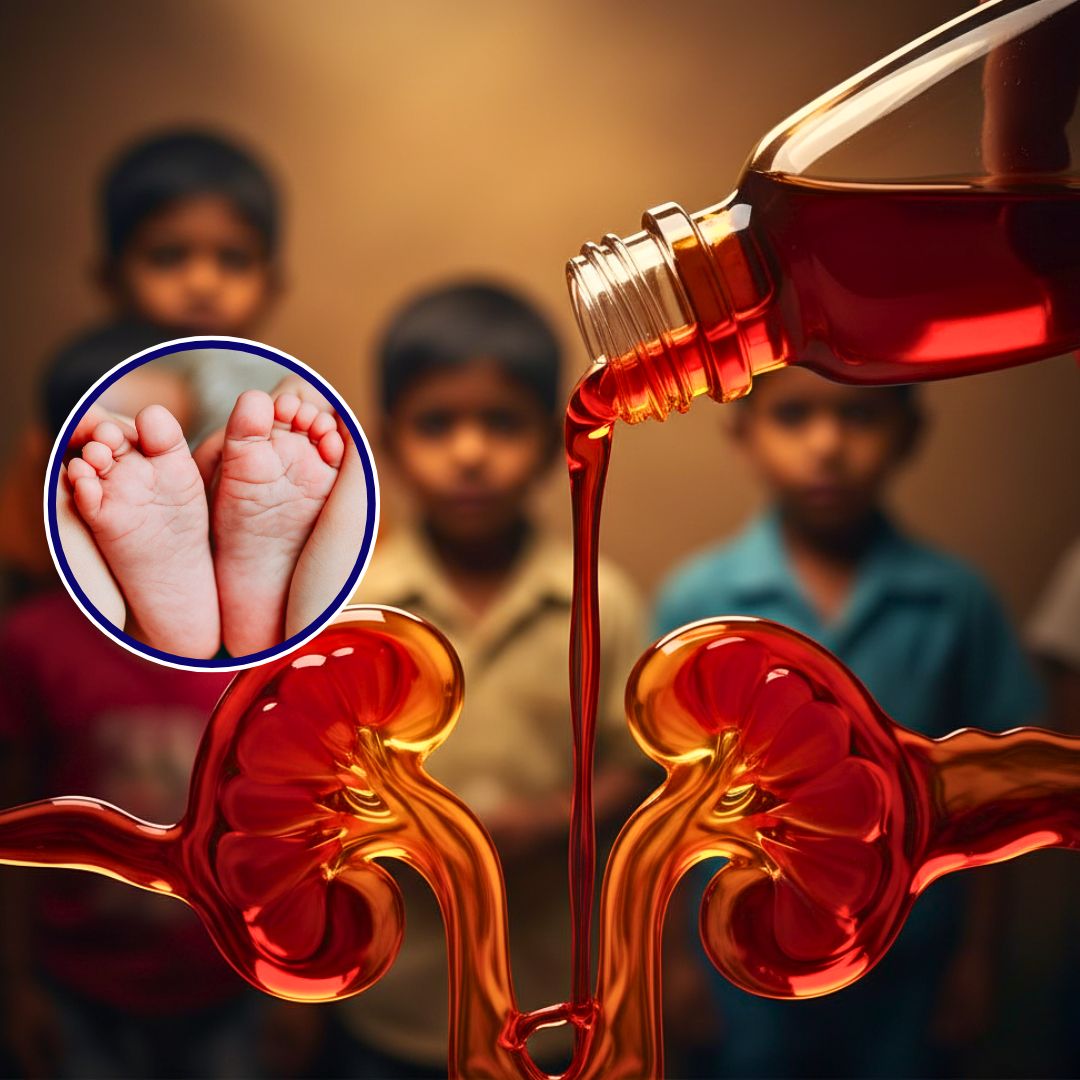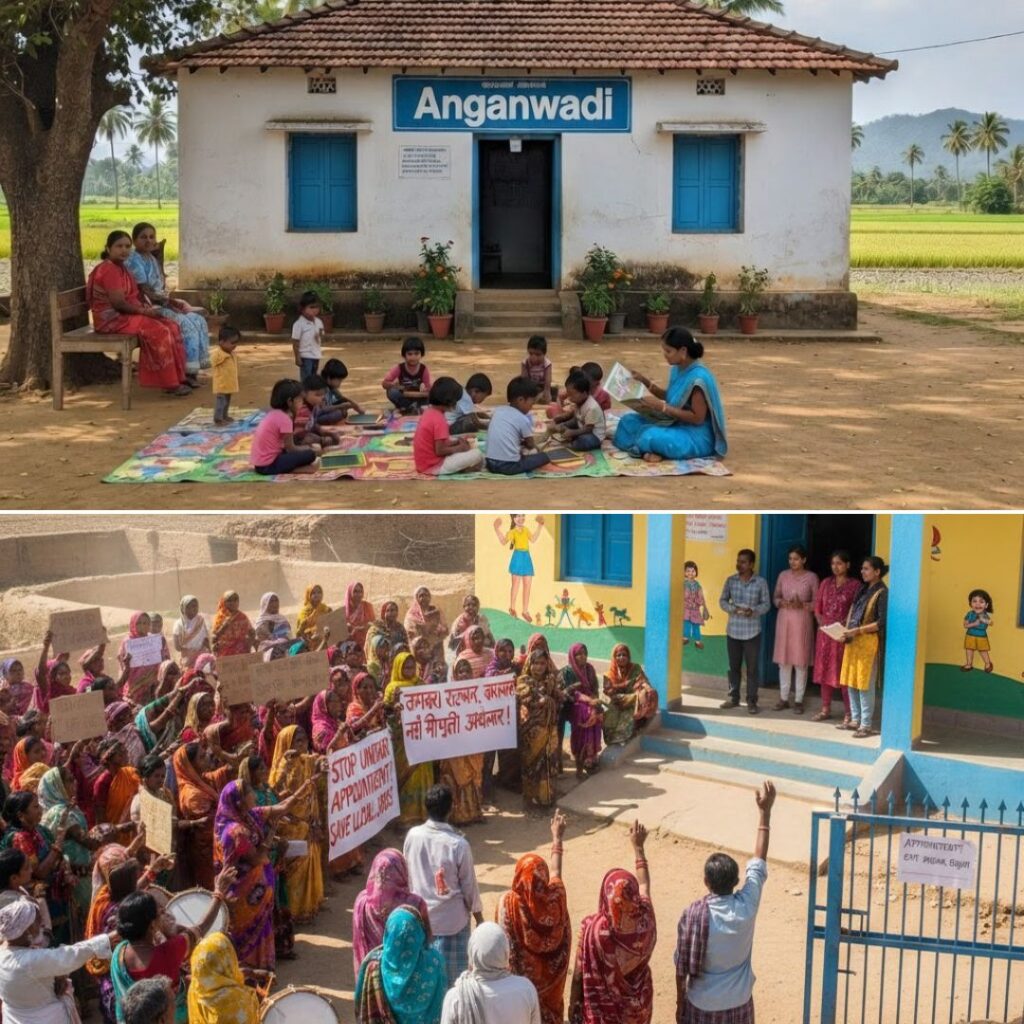In Madhya Pradesh’s Chhindwara district, six children aged five or younger have reportedly died of kidney failure within the past month due to consumption of cough syrups contaminated with toxic diethylene glycol (DEG).
Initially mistaken for a seasonal fever outbreak, detailed investigations revealed that children were administered Coldrif and Nextro-DS syrups, which were subsequently banned by district authorities.
Health officials from Indian Council of Medical Research (ICMR) and National Centre for Disease Control (NCDC) are actively investigating to curb further cases and ensure medicine safety.
Kidney Failure and Contaminated Cough Syrups
The tragedy unfolded as children initially displayed cold and mild fever symptoms and received routine medical treatment including cough syrups. Despite apparent initial recovery, their conditions deteriorated, marked by decreased urine output and kidney infections, causing three children to die even after advanced treatment in Nagpur, Maharashtra.
Kidney biopsies confirmed the presence of diethylene glycol, an industrial chemical contaminating the syrups consumed. Chhindwara district collector Sheelendra Singh confirmed the link and promptly banned the sale of Coldrif and Nextro-DS syrups across the district to prevent further harm.
Wider Public Health Response and Ongoing Investigations
This cluster of deaths adds to concerns globally about cough syrup contamination with diethylene glycol, a deadly toxin commonly associated with industrial solvents. Authorities in Madhya Pradesh, supported by teams from ICMR and NCDC, have launched thorough investigations including sample collection from affected regions and testing of water, drug batches, and blood samples.
Similar issues have been reported in Rajasthan’s Sikar district, where one child died under comparable circumstances, prompting bans on several syrup batches. State medical services and health departments have been directed to monitor unusual illnesses and report promptly while advising caution to families and healthcare providers.
The Logical Indian’s Perspective
These tragic deaths accentuate the urgent need for stricter quality controls in pharmaceutical manufacturing and distribution, especially for medicines intended for children.
The Logical Indian firmly believes safeguarding children’s health is non-negotiable and calls for greater accountability from manufacturers and regulators. Compassionate and transparent communication, alongside systemic reforms, must ensure such preventable tragedies do not recur.












